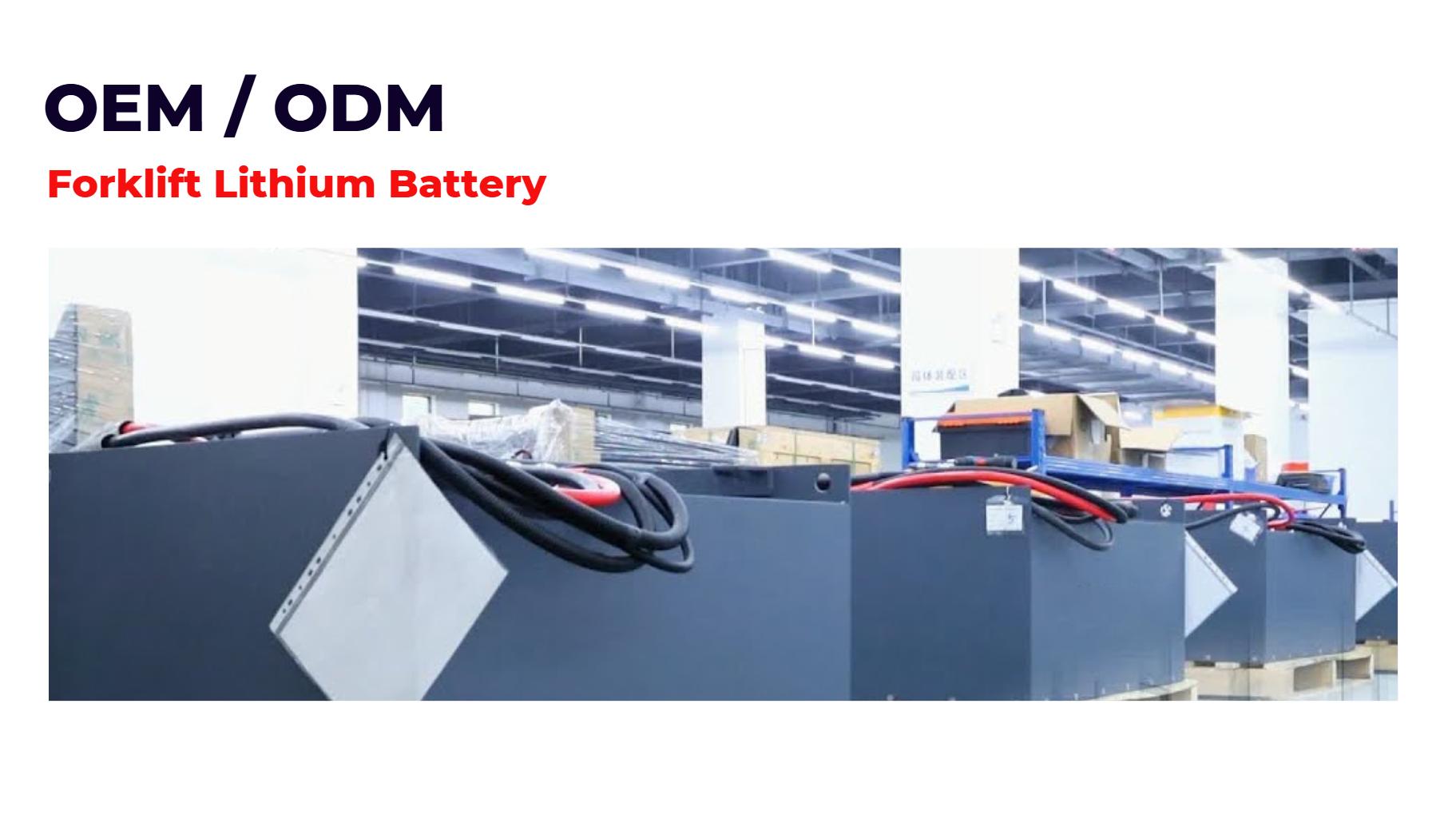
How Can Forklift Batteries Support Renewable Energy Solutions?
Forklift batteries are increasingly being recognized for their potential in renewable energy applications, such as forklift batteries for solar power and forklift batteries for off-grid power. Understanding how these batteries can integrate into solar systems can help businesses optimize their energy use while contributing to sustainability.
What Are the Benefits of Using Forklift Batteries for Solar Power?
Forklift batteries provide high capacity and long cycle life, making them ideal for solar power storage. Their robust design allows for deep discharges and efficient charging, maximizing energy use. Additionally, they are cost-effective compared to traditional solar batteries, offering reliable performance in off-grid applications and reducing reliance on fossil fuels. Using forklift batteries for solar power offers several advantages:
- High Capacity: Designed to power heavy machinery, forklift batteries provide substantial energy storage, making them ideal for solar setups that require reliable backup during low sunlight periods.
- Cost Efficiency: Compared to traditional solar batteries, forklift batteries often come at a lower price point, especially when considering used electric forklift batteries available for sale.
Chart: Advantages of Forklift Batteries in Solar Applications
| Benefit | Description |
|---|---|
| High Capacity | Suitable for extended use |
| Cost Efficiency | Lower initial investment |
| Durability | Built to withstand heavy use |
How Do Forklift Batteries Function in Off-Grid Power Systems?
In off-grid power systems, forklift batteries store excess energy generated from solar panels or wind turbines. They provide a stable power supply during low generation periods, ensuring consistent energy availability. Their ability to handle deep cycles makes them suitable for demanding applications, contributing to energy independence and sustainability. Forklift batteries are well-suited for off-grid power systems due to their robust design and high capacity:
- Deep Cycle Performance: These batteries are engineered to endure deep discharges, making them ideal for off-grid applications where energy supply may be inconsistent.
- Versatile Use: They can be connected in series or parallel configurations to meet specific voltage requirements, enhancing their adaptability.
Chart: Performance Metrics of Forklift Batteries in Off-Grid Systems
| Metric | Specification |
|---|---|
| Typical Voltage | 24V, 36V, 48V |
| Depth of Discharge | Up to 80% |
| Cycle Life | 1500+ cycles |
What Types of Forklift Batteries Are Suitable for Solar Systems?
Both lead-acid and lithium-ion forklift batteries are suitable for solar systems. Lead-acid batteries are cost-effective and reliable, while lithium-ion batteries offer higher efficiency, longer lifespan, and faster charging capabilities. Choosing the right type depends on specific energy needs, budget, and desired performance characteristics. Several types of forklift batteries can be effectively used in solar systems:
- Lead-Acid Batteries: Traditional option with good performance but requiring regular maintenance.
- Lithium-Ion Batteries: More efficient with longer lifespans, lithium-ion options are becoming increasingly popular due to their rapid charging capabilities and reduced maintenance needs.
Chart: Comparison of Battery Types for Solar Systems
| Type | Lifespan | Maintenance | Cost |
|---|---|---|---|
| Lead-Acid | 3-5 years | Moderate | Lower initial cost |
| Lithium-Ion | 10+ years | Low | Higher initial cost |
Why Is It Important to Use the Right Water in Forklift Batteries?
Using the right water, such as distilled or deionized water, is crucial for forklift batteries to prevent mineral buildup that can damage cells. Proper water quality maintains optimal electrolyte levels, enhances battery performance, and prolongs lifespan by reducing corrosion and ensuring efficient operation. Using the correct type of water is crucial for maintaining forklift battery performance:
- Deionized Water: Recommended to prevent mineral buildup that can lead to corrosion and reduced efficiency.
- Distilled Water: Also suitable but generally more expensive; it lacks minerals that could harm battery function.
Maintaining proper water levels is essential to prolonging battery life and ensuring optimal performance.Chart: Water Types and Their Impact on Battery Life
| Water Type | Purity Level | Impact on Battery |
|---|---|---|
| Deionized Water | High | Prevents corrosion |
| Distilled Water | Very High | Reduces mineral buildup |
| Tap Water | Low | Causes corrosion |
How Can Used Electric Forklift Batteries Be Repurposed?
Used electric forklift batteries can be repurposed for various applications such as stationary energy storage systems for solar power. They can also serve as backup power supplies in emergencies or be integrated into grid services. This repurposing extends battery life and reduces waste while providing valuable energy solutions. Used electric forklift batteries can be effectively repurposed for various applications:
- Energy Storage: After their service life in forklifts, these batteries can be utilized as energy storage solutions in solar systems, providing backup power during outages.
- Cost Savings: Purchasing used batteries can significantly reduce upfront costs while still offering reliable performance.
Organizations have successfully implemented these repurposed batteries in off-grid setups, demonstrating their versatility.Chart: Repurposing Used Forklift Batteries
| Application | Description |
|---|---|
| Energy Storage | Backup power source |
| Off-Grid Systems | Sustainable energy solution |
Frequently Asked Questions
- Can forklift batteries be used with solar panels?
Yes, forklift batteries are compatible with solar systems and can effectively store energy generated from solar panels. - How long do forklift batteries last when used off-grid?
With proper maintenance, forklift batteries can last significantly longer off-grid than when used in forklifts—often exceeding 15 years. - What is the best type of battery for solar applications?
Lithium-ion batteries are generally preferred due to their efficiency and longer lifespan compared to traditional lead-acid options.
Expert Views
“Repurposing forklift batteries not only provides a sustainable solution for energy storage but also reduces waste,” says Jane Doe, a renewable energy consultant. “As businesses increasingly adopt green practices, integrating these robust battery systems into renewable setups will become more commonplace.”
